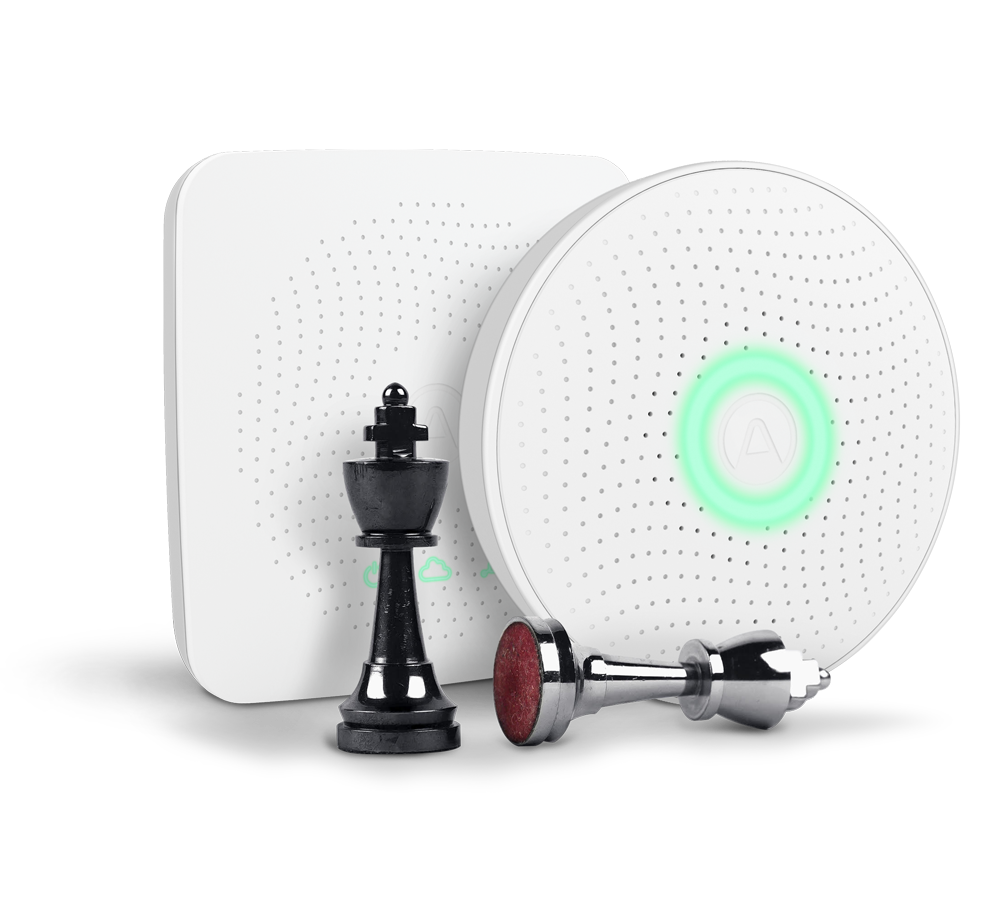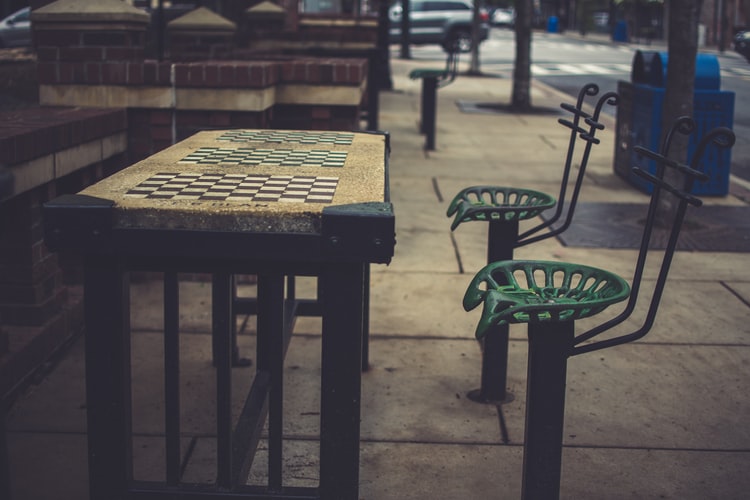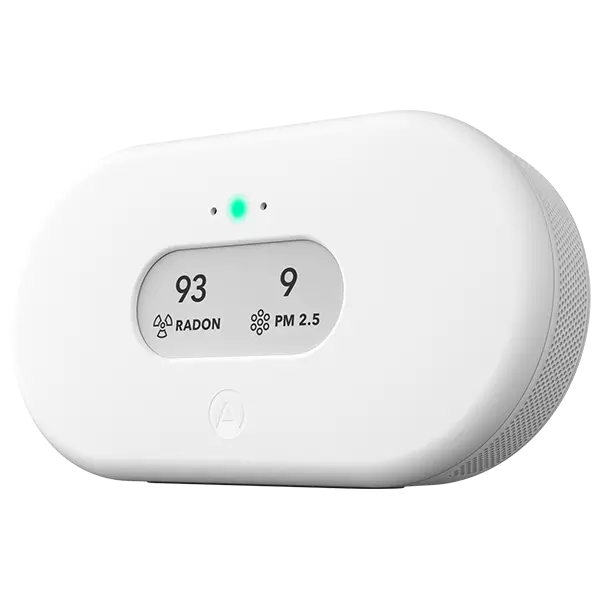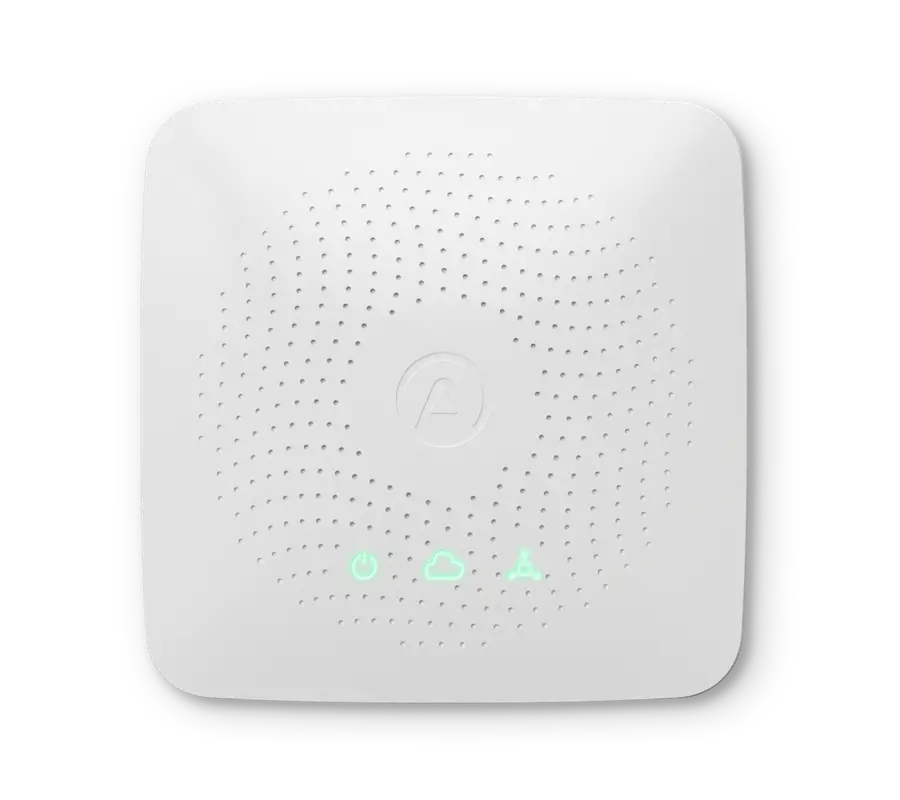It’s no surprise that getting your head in the right space before you start a task can greatly improve how you perform. How to get in what athletes call ‘The Zone’, what Gurus call ‘Flow’, or what you may call 'good headspace' varies on a case by case basis, but the one constant, no matter the method, is a focus on the breath.
So, how do we use the breath to reach a focussed state?
Here are 6 ways you can achieve that sought-after flow, as practiced by some of the world’s clearest thinkers, chess players.
1. Try Cardio:
The deep breaths resulting from running not only greatly improve your lung capacity, but they also help to circulate oxygen around your body. This amplifies your stamina and boosts your alertness.
World #3 and World chess championship challenger Fabiano Caruana incorporates cardio into his training regime in the form of 5-mile runs, tennis sessions, and 30-minute swims, sometimes all in one day. Trying even one of the exorcizes highlighted Fabiano's in routine is enough to yield benefits for your health and stamina.
2. Practice Yoga:
The extended movements and deliberate poses involved in yoga are extremely beneficial. The slow stretches and deep breathing incorporated into a routine increases blood flow, flexibility, and warms the body. This makes you more relaxed and increases the amount of oxygen which reaches your brain.
World #1 Magnus Carlsen can be found in hot yoga classes before playing a big, stressful super tournament. He uses yoga as a means to achieve alertness and focus while also devoting attention to the breath, relaxing his mind before a hard day’s work. You can practice yoga anywhere as long as you have enough space to extend your body.
3. Get Outside:
We spend 90% of our time indoors, which you might agree is a startling statistic. If running or yoga aren’t your thing, maybe you can convert your favorite indoor hobby into an outside one instead!
Outdoor chess tables are a prominent feature in pop culture and are in fact found in many parks around the world. Check out this Outdoor Chess group on Facebook to see if there’s a table near you.
4. Meditate:
Finding a peaceful environment, breathing calmly, and focusing your mind are the fundamental aspects of good meditation practice. Studies have shown that this mental detoxing process can reduce stress and fatigue and even enhance creativity.
Although Magnus Carlsen also meditates, the four times British Champion Jonathan Rowson goes a step further and credits much of his success to his daily meditation practices. Rowson claims he wouldn’t dare begin a chess game without clearing his mind and steadying his breathing first. Find a quiet place, breathe deliberately, and let your mind empty.
5. Sleep:
It’s said that sleep is the best meditation. When playing fortnight long chess tournaments, players need to plan their down time as carefully as their next move on the board. This is because the quality of post game recovery often indicates how well a player will perform in their next game. Whether it be an 11 hour overnighter, or a 45 minute power nap, sleep can be a Grandmaster’s secret weapon.
A 2020 study of 14 Norwegian chess players found that players who experience higher amounts of deep sleep, less rapid eye movement (REM) sleep and lower respiration rates performed better in events than those who did not avail of the same quality of rest.[1] So, turn the lights off, avoid caffeine late in the day and keep your head on that pillow for as long as possible, you’ve got a match soon.
6. Monitor your indoor air quality:
While exercise, more time outdoors, meditation and getting better sleep help you breathe better, first you need to know what you’re breathing. Unfortunately not all air is equal. Be it in your home, a playing hall, or at work, the air you breathe can contain harmful contaminants.
Contaminants which include Radon, airborne chemicals (VOC’s), and CO2 can not only reduce the effectiveness of some of the tips in this article, but can often negatively affect your overall health. This is why the worlds best chess players use Airthings devices to monitor and optimize their air quality when playing events on the Meltwater Champions Chess Tour. By monitoring your air quality you can empower yourself to know what’s in your air and what to change so that you can breathe better and play better.

Sources:
1Associations Between Sleep Patterns and Performance Development Among Norwegian Chess Players
Frode Moen, Maja Olsen, and Maria Hrozanova.













%20(1).webp)

%20(1).webp)
